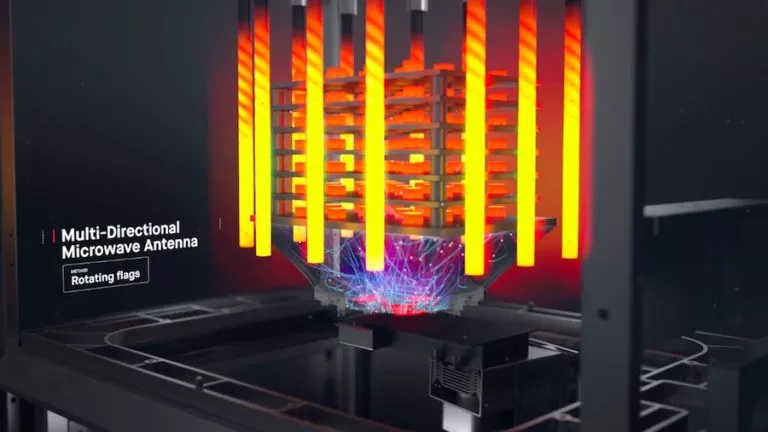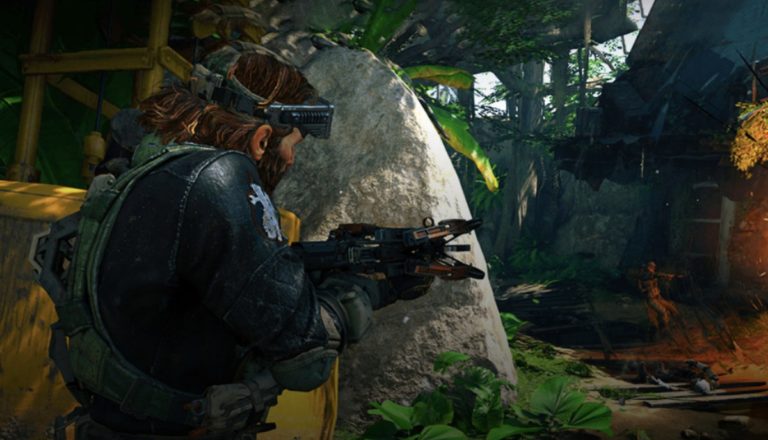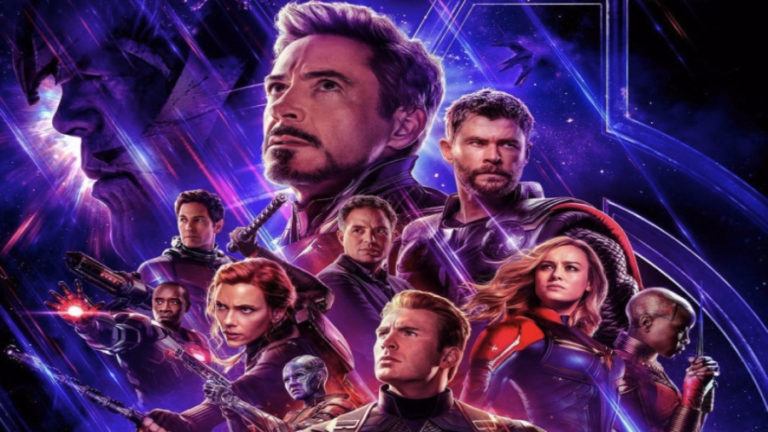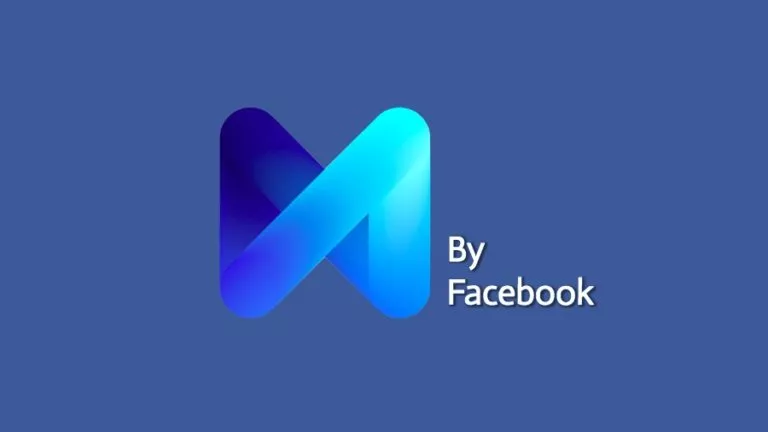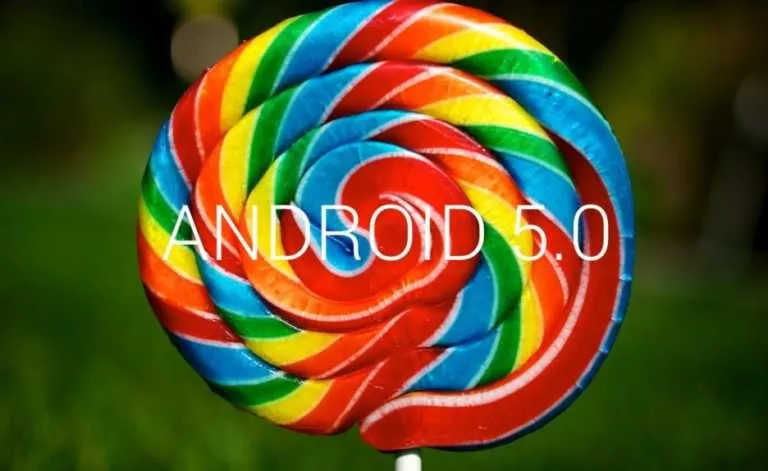DeepCubeA AI Takes Just 1 Second To Solve Rubik’s Cube
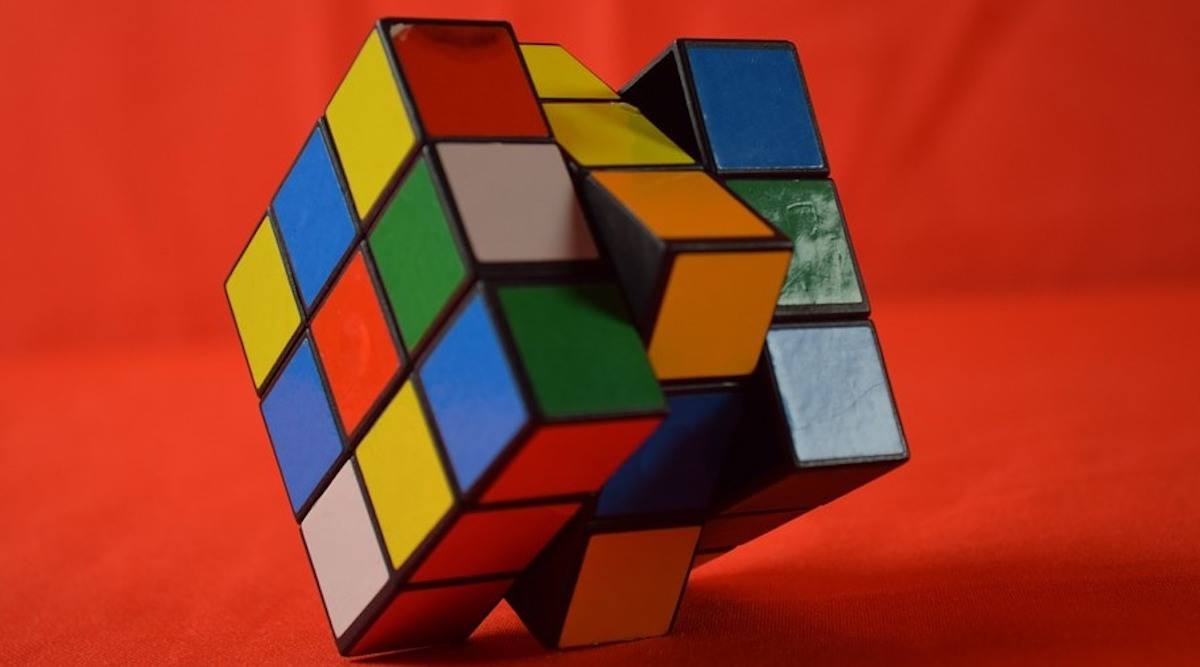
If we believe AI can take over humans, we get to see demos of it from time to time. And sometimes, AI just proves that it’s getting smarter and faster as we speak.
We heard many instances of AI solving Rubik’s in the blink of an eye. The latest entry to the party can do so in just 1 second, breaking all the previous records made so far.
Researchers at the University of California, Irvine, have created a new deep enforcement learning algorithm called DeepCubeA.
The AI took around 20 moves to solve the brain tiring problem that has existed since 1974 and many humans can’t even get halfway through it. But if we talk about geniuses, the world record holder has done it in 3.47 seconds taking 50 moves.
Theoretically speaking, there are possibly a billion ways to arrange a Rubik’s Cube but only one arrangement leads you to the final goal – where each side displays a single color.
DeepCubeA is able to solve it in a fraction of a second (rest of the time taken to arrange the cube) without having any specific domain knowledge or training from humans.
The researchers published their study in Nature Machine Intelligence and showed that the system worked with 100% accuracy in all the configurations they threw at it.
We have already seen AI beating human pros in games like Chess and Go, but the researchers note that Rubik’s Cube is more complex than these as it requires more “symbolic, mathematical, and abstract thinking.”
Pierre Baldi, who is a UCI Distinguished Professor of Computer Science, believes that the AI’s form of reasoning is completely different than humans. The ultimate goal of such projects is to create systems for more advanced AI systems.
Although we have AI assistants like Alexa and Siri helping with our daily stuff, these “systems are not really intelligent; they’re brittle, and you can easily break or fool them,” he said.
Such projects will contribute to a deeper understanding of the reasoning and strategy adopted by the AI and deploy it to build the next generation of AI.
What are your predictions for AI capabilities in the next decade?
Also Read: Nokia 2.2 Has A Removable Battery And It Hits Right At Nostalgia

